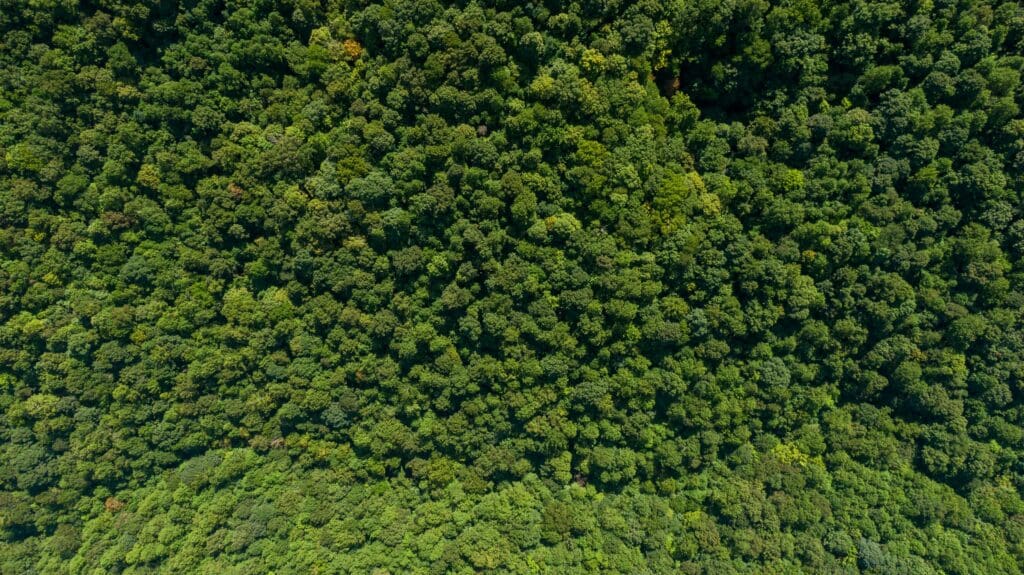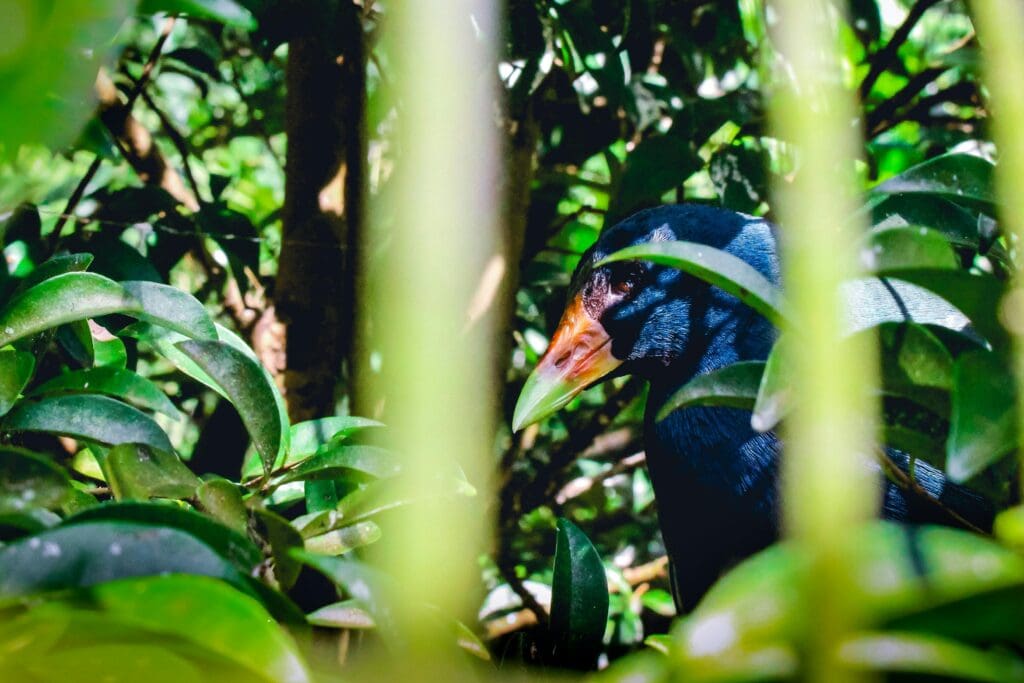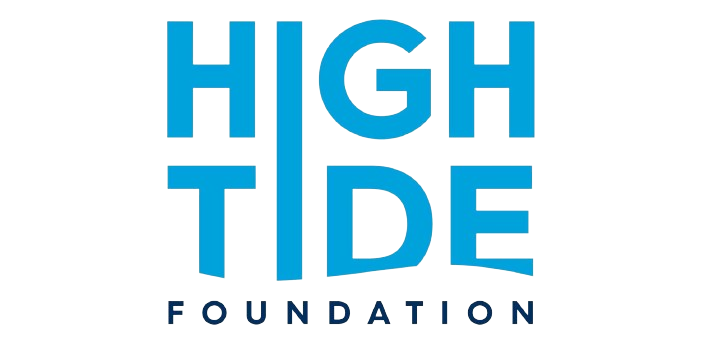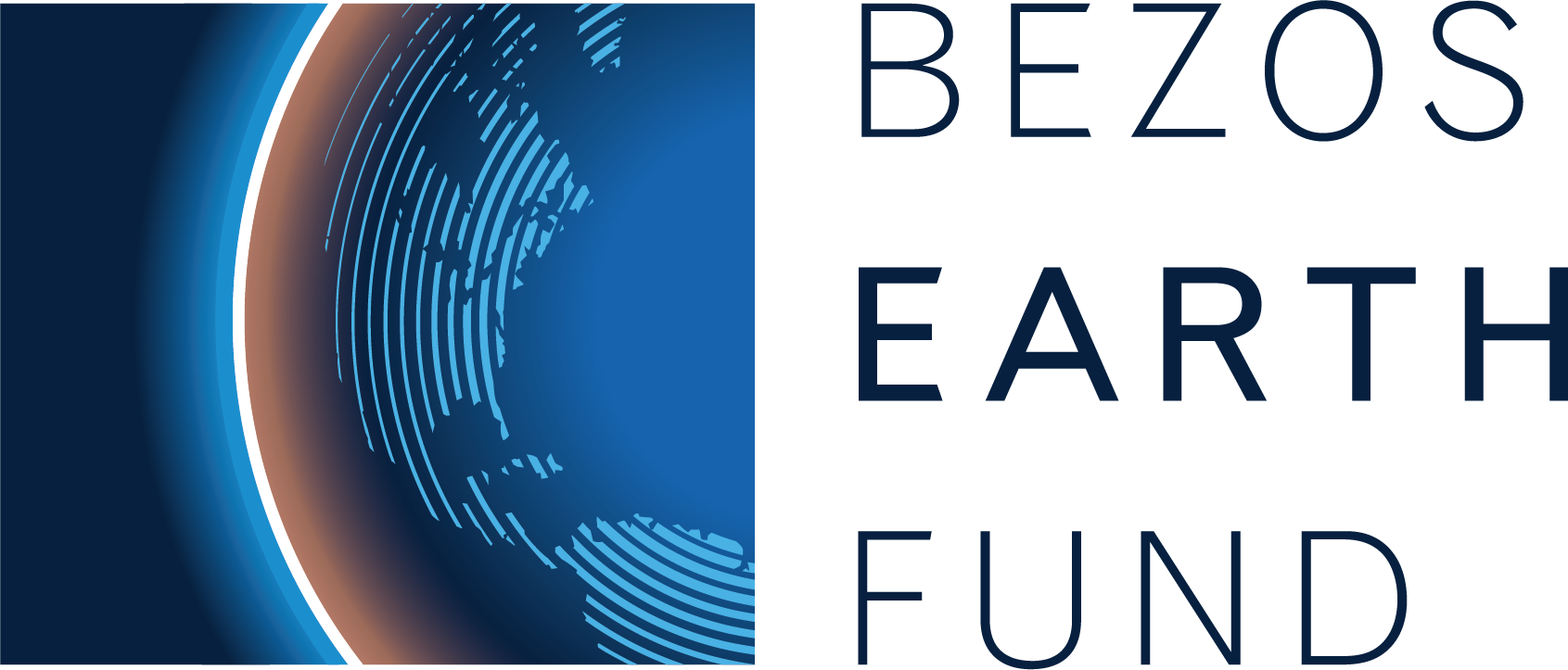Call for input to co-create definitive, consistent threshold for high-quality carbon credits
Written by ICVCM
Published
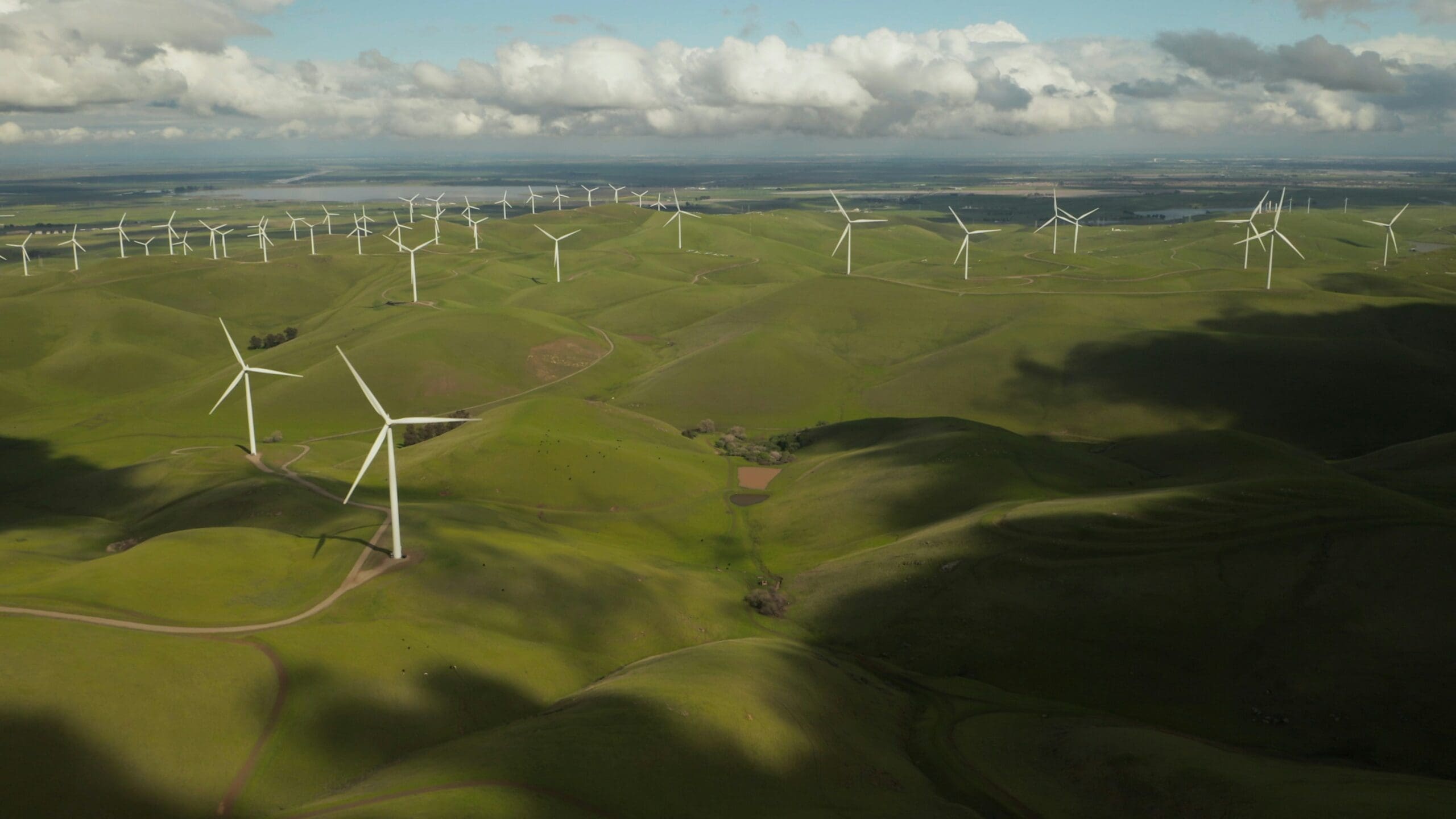
Integrity Council launches public consultation on Core Carbon Principles
Proposals to establish a definitive and consistent global benchmark for high-integrity carbon credits, published for consultation today, aim to build trust and unlock urgently-needed additional finance to reduce and remove billions of tonnes of carbon emissions that would not otherwise happen.
The Integrity Council for the Voluntary Carbon Market is launching a public consultation on its draft Core Carbon Principles (CCPs), which propose fundamental, interlinked criteria for high-quality carbon credits that create real, verifiable climate impact, based on solid science and best practice, with social and environmental safeguards.
The draft CCPs, and accompanying draft Assessment Framework, are designed to build a widely-shared understanding of what high integrity means for carbon-crediting programs and credit types in a framework that is workable and establishes a clear pathway for continual improvement. This would provide a readily-accessible way to identify high-quality credits, reduce confusion, overcome market fragmentation and support transparent pricing, giving buyers confidence they are funding projects that make a genuine impact.
High integrity carbon credits are an important complementary tool to channel private capital efficiently towards the most impactful, cost-effective climate mitigation activities worldwide. They can provide accessible finance for climate mitigation activities that are critical to achieve the emissions reductions and removals necessary to help stabilise the global temperature at 1.5°C, such as nature-based solutions and emerging breakthrough technologies that are difficult to commercialise today.
Integrity Council Chair Annette Nazareth, a former Commissioner of the US Securities and Exchange Commission, said: “In designing an effective market that can deliver genuine climate impact at speed and scale, we need to start with integrity. It is a precondition for a transparent, deep, liquid, standardised and scalable market that efficiently channels capital to where it is most urgently needed. To make this work, we need everyone from across the voluntary carbon market to come to the table, share knowledge and expertise, and collaborate to co-create the CCPs and Assessment Framework.”
An efficient voluntary carbon market could also help deliver critical funding to developing countries and to Indigenous Peoples and local communities (IPLCs), who play a key role in the stewardship of forests, biodiversity and other local and global ecosystem services[1]. IPLCs manage around 40% of the planet’s remaining ecologically intact landscapes.[2] Their continued ability to protect and enhance those landscapes is inextricably linked with our ability to achieve our collective climate and sustainable development goals.
Hindou Oumarou Ibrahim, President of the Association for Indigenous Women and Peoples of Chad, and a member of the Integrity Council’s Distinguished Advisory Board, said:
“Indigenous Peoples protect a third of the carbon-dense ecosystems on the planet. Investments in natural solutions are essential to address climate change and to increase finance for indigenous-led solutions. The voluntary carbon market has the potential to do this if it adopts a rights-based approach to fully respect, protect and realise the rights of Indigenous Peoples and local communities, and channel finance towards the recovery of the Global South.”
By establishing a global benchmark for high-integrity carbon credits, the CCPs can pave the way for the development of spot and futures markets in carbon credits. These would be highly liquid, easily scalable, and help create a transparent price signal, enabling better price risk management.
Agustin Silvani, member of the Board of the Integrity Council and Senior Vice President, Conservation Finance at Conservation International, said: “Earth’s ecosystems absorb and store about half of our annual global carbon emissions. Well-designed voluntary carbon markets will be essential to keep this natural capital intact, addressing the climate crisis in a way that improves the lives of people who live closest to nature. As companies, shareholders and consumers join in this growing market, we must urgently ensure that every tool we have is working as effectively as possible by improving standards and increasing the effectiveness of credits.”
Voluntary Carbon Market could cut 2 billion tonnes of emissions each year by 2030
The Integrity Council is an independent governance body for the voluntary carbon market. It was set up in September 2021 in response to the final recommendations of the Taskforce on Scaling the Voluntary Carbon Markets (TSVCM), an initiative backed by more than 250 organisations.
The Integrity Council is holding a full, open public consultation on three key elements:
- Draft CCPs, designed to capture the commonly-accepted fundamental elements of high-integrity carbon credits that create real, additional and verifiable climate impact;
- Draft Assessment Framework, which sets out proposed criteria the Integrity Council will use to evaluate whether carbon credits and carbon-crediting programmes meet the CCP standard;
- Draft Assessment Procedure, which sets out a proposed process for approving carbon-crediting programmes and credit types as CCP-eligible, how eligible carbon credits will be tagged, and how the Integrity Council will continue to facilitate the continual development of the voluntary carbon market.
Consultation is a vital part of the Integrity Council’s development process. The proposals set out in the draft CCPs and Assessment Framework do not represent an already-formed consensus view by the Integrity Council; the documents are intended to serve as a robust, independent starting point that will be further informed by the insights and dialogue gathered during the public consultation.
The draft CCPs and Assessment Framework have been developed by the Integrity Council based on recommendations from the Expert Panel, and in dialogue with technical experts from across the VCM.
The consultation is designed to gather diverse input to inform the Integrity Council’s decision-making on key aspects of credit quality, including (but not limited to) additionality (whether the mitigation activity would have happened without the incentive created by the carbon credit revenues); permanence and how to ensure any reversals are fully compensated; carbon-crediting programme governance to ensure transparency, accountability and the overall quality of carbon credits; robust quantification of emission reductions and removals based on conservative approaches and sound science; and ensuring social and environmental safeguards meet or exceed best practice and deliver net positive sustainable development impacts.
See Notes for Editors for more detail on the Expert Panel and the CCPs.
Mark Carney, UN Climate Envoy and former Bank of England Governor, said: “By providing a global threshold standard for credible, transparent, high-integrity carbon credits the Integrity Council’s new Core Carbon Principles will support the net zero transitions of companies and the reduction of global emissions while providing much-needed financing to projects in emerging and developing economies and to Indigenous Peoples.”
The voluntary carbon market sold more than $1 billion of credits in the first 11 months of 2021 funding the reduction of nearly 300 million tonnes of emissions, up from $310 million and 72 million tonnes in 2020.[3] The market could be worth $50 billion by the end of the decade with the potential to cut emissions by up to 2 billion tonnes by 2030 and 13 billion by 2050[4]. The UN says that to have any chance of limiting global warming to 1.5°C, annual global emissions must be nearly halved from around 60 billion to 32 billion tonnes by 2030.[5]
The Integrity Council’s work to set and enforce a global benchmark for high-integrity carbon credits and to facilitate the continued improvement of the voluntary carbon market runs alongside complementary work by the Voluntary Carbon Markets Integrity Initiative. It is consulting on a Claims Code of Practice with guidance for companies on how to use carbon credits to make credible claims about their progress towards net zero commitments.
The Integrity Council is launching a two-month public consultation on its proposals, seeking feedback from parties worldwide with an interest in creating and scaling a high-integrity voluntary carbon market, from carbon-crediting programmes, mitigation-activity developers and IPLCs to buyers, investors, policy makers, academics and environmental NGOs. It aims to publish the final CCPs and Assessment Framework by the end of the year.
Pedro Martins Barata, Co-Chair of the Integrity Council’s Expert Panel, said: “We want everyone the voluntary carbon market affects to share their knowledge and expertise. We expect and embrace difference of opinion, but we all have a common interest in unlocking the significant potential of a high-integrity voluntary carbon market to help accelerate climate mitigation and sustainable development. To make this happen, we need stakeholders from across the market to come together, collaborate and co-create the CCPs and Assessment Framework.”
The consultation will be overseen by the British Standards Institute and is open until 23:59 BST on 27 September 2022. Further information, including the full documentation, will be available at the Integrity Council’s public consultation web page.
For more information and to arrange interviews please contact:
- Conor Quinn, [email protected] +44 7444 696214
- Greenhouse Communications, [email protected]
